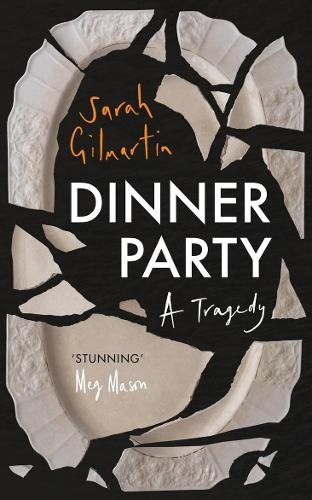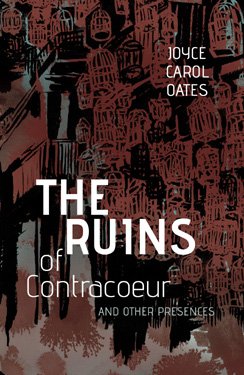It's been another year filled with lots of uncertainty and time at home so I've been especially thankful for the consolation of books and all the discussions I've had with readers online. I have also been fortunate enough to have chats with some of the authors of my favourite books this year including Claire Fuller, Joyce Carol Oates and Richard Powers. I've always loved going to author events in person, but since these have been limited by the pandemic I've used the opportunity of having a BookTube channel to interview them myself. Here I get to ask them all the questions I want instead of waiting to raise my hand at the end! After this year's online Booker Prize ceremony I also had the chance to ask Damon Galgut some questions about his winning novel “The Promise”. Recently I also had the pleasure of meeting last year's Booker winner Douglas Stuart at an in-person literary salon.
I've selected ten books as my favourites of 2021 as they have all broadened my point of view, expanded my knowledge, reinvigorated my love of the imaginative possibilities of fiction and meant something special to me personally. They're also all such compelling stories I completely lost myself in each. You can watch me discuss all these books here: https://www.youtube.com/watch?v=y5m4OVH5R8Y
Gayl Jones' triumphant return to fiction takes the reader to 17th century Brazil and follows the episodic journey of a girl born into slavery. The novella “Small Things Like These” is destined to be a new Christmas classic as it poignantly shows a man's dilemma when he realises the dark truth of his own Irish community. The stories in “The (Other) You” describe how our fantasies about other paths in life can quickly turn into nightmares. The brilliant American family saga “The Love Songs of WEB Du Bois” movingly shows how even the unknown aspects of our heritage play an active role upon our immediate present. “Bewilderment” is at once a deeply intimate story as well as one which seriously considers the biggest challenges our society is facing while taking readers to other planets.
The mind-bending imaginative story of “This One Sky Day” gives insightful social commentary while making the world feel colourfully alive. The riveting story of “Detransition, Baby” is filled with so many tantalizing scenes that are tragic, comic and heartbreaking. “Unsettled Ground” movingly shows a sheltered character's progression towards independence. The epic “Cathedral” follows the stories of a wide cast of fascinating characters in medieval Europe as society's attitudes towards religion and capitalism were rapidly changing. I gained a new view on community life in “A Shock” which explores several different memorable characters' glancing connections with each other.
I'd love to hear if you've also read any of these or feel inspired to read them now. And I'd be so curious to know the best things you read in 2021!

























